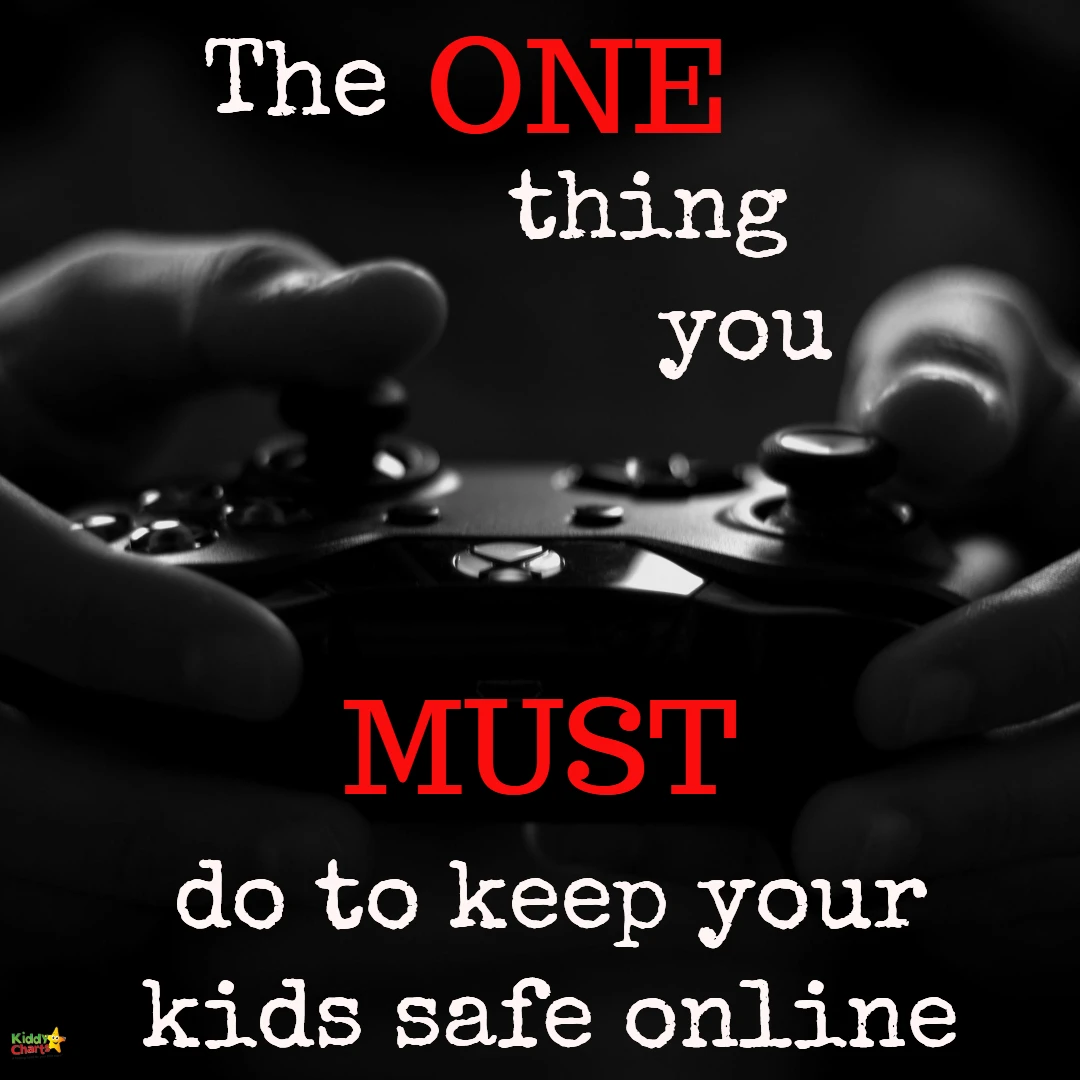Today’s parents have the difficult task of raising children in a digital era. Tech gadgets have never been this accessible and popular among kids. And if other children use the internet, you can’t stop your kid from doing the same. So, the goal becomes to keep them safe in digital environments. We have found some tips that can help you get off on the right foot when navigating your child through the virtual world and protecting your kids from those online threats:

How to help your kids stay safe in the digital era
It can be difficult to stay ahead of your own kids in the digital world, so we really hope you find these ideas useful. If you do, or you have more thoughts to add, do drop us a line.
Inform yourself about the internet threats
According to Whitaker and Bushman, there are four main online danger types for children and adolescents:
- Exposure to sensitive materials. Sexually explicit content on websites or delivered to inboxes on social media is a top problem. But there are other sensitive materials that portray violence, drugs, etc.
- Identity formation and protection. Getting feedback based on photos and content on their social media profiles can affect child’s confidence and opinions about themselves. There’s also the risk of identity theft if behaving carelessly online.
- Cyberbullying. These are offensive or otherwise “aggressive” messages and other forms of engagement online. They are often present in gaming, where humiliating messages toward the losing party can get cruel.
- Internet addiction. Too much screen time can disrupt sleep patterns, compromise school success and social development, etc.
Learning more about potential dangers that lurk online can help identify a potential problem in an early stage.
Make monitoring look like a joint experience when protecting your kids
If it’s the first time your child is browsing the web on their own, you should be there. But your goal isn’t for the kid to think you are controlling them. Instead, parents should make the entire familiarization process with the virtual world a joint experience.
Ask your child to show you which websites they visit and express genuine interest in their online activities. You can even suggest some sites to try based on their preferences. For example, there are many kid-friendly gaming platforms that can keep a child occupied for hours.

Always be supportive and ready to answer questions
Although they might seem confident, the virtual world is an entirely new experience for your child. New websites and online situations might cause confusion on how to act. Parents should offer support and sound advice while ensuring they don’t criticize every child’s move.
Your goal is to teach the kid to make wise decisions online. That means using common sense and rules of good behaviour. For example, if they receive a friend request or message from a stranger, they should ignore it. And if an email from an unknown address promises a free game, the child should consider the option it’s a scam.
As a parent, be ready to answer any questions your child asks about the virtual world. Experts encourage talking frequently and establishing a strong mutual bond. Your kid should be able to tell you anything and report suspicious messages, and other problems encountered online.
Use internet filtering and parental controls for protecting your kids
Parents don’t have to be digital experts, but they can use technology to keep their child’s tech endeavours safer. For starters, install antivirus and malware protection on computers, tablets, and other devices used to browse the internet. Many operating systems have different website restriction settings. Activate SafeSearch settings on search engines, and use YouTube Kids for watching videos.
You can rely on parental control apps for online safety to boost your child’s internet protection. These apps allow monitoring the kid’s smartphone use remotely, including limiting screen time and restricting site access. You’ll have access to social media, text and other messaging apps. The apps can detect suspicious words and alert you immediately. It also helps if you are familiar with teenage slang to better understand the messages.

Stick to child-friendly apps and social media
Did you know that 13 years is the minimum age limit required by Facebook to open an account? It’s similar to most other social networks and for a good reason. Until they reach the age limit, your kids can use child-friendly social media. Pick a platform based on your kid’s age to ensure an optimal experience.
The same applies to any other apps your child uses. Authorities require creators to mention for what age their content is appropriate. While you can rely on your gut, these guidelines are there for a reason.

Final thoughts
Parenthood is demanding, and the virtual world only makes things more complex. As a parent, you need to pay attention to your child’s internet endeavours. Parental control settings and content filtering can help, but the ultimate priority is ensuring your child trusts you. It’s best to talk frequently and agree on how to behave online. If your child notices a situation you haven’t discussed or anything suspicious, they should report it to you immediately.
We hope that you have found this a useful article – do check out some of the other articles that we have on the site related to kids safety online too:
KiddyCharts internet safety resources
More internet safety ideas and resources from the site. Why not come and check them out and see if they help?
eSafety: 5 apps you didn't know let your kids talk to strangers
Check out these apps, as you probably don't realise that they let your kids talk to strangers.
Meet the four key nasties that might be lurking in your kids computer NOW! #SaferInternetDay
Here are some of the key things that you need to know about your kids' computer today.
One thing you must do now to help your kids stay safe when online gaming
Think about this one things to help your kids stay safer when they are gaming online.
There are also other articles elsewhere that are worth taking a look at too:
Internet safety tips from the wider web
Here are some more ideas for helping your kids to navigate themselves online safely.
11 TIPS FOR PARENTS TO ENSURE KIDS’ ONLINE SAFETY!
A list of a few tips and ideas for having those conversations with the kids - obviously this is a really important part of them staying safe. Being about to talk to them opening about what they are doing.
Talking About Online Safety With My Preschooler
There is a lot about talking to kids generally - but what about starting early? Here are some tips for younger kids.
Online safety tips for parents
Finally, some more thoughts and ideas for parents, to help you get it right; but don't beat yourself up if you don't all the time. We learn from our mistakes
We really hope that you like this article about protecting your kids online, if you do, feel free to sign up to our newsletter to get articles as we release them:
Thanks so much for coming to the site, and we really do hope that we see you again here soon,
Helen
This is a partnered post.








